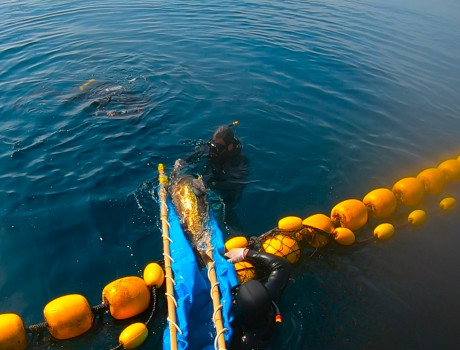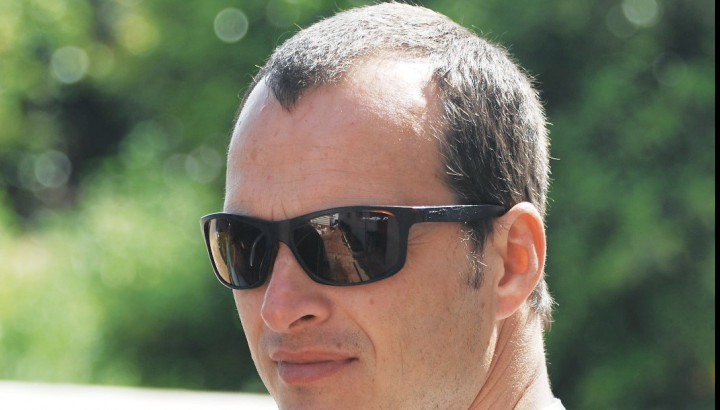The meagre, Argyrosomus regius, is one of the largest sciaenids in the world reaching over 200 cm TL and over 50 kg. It is of economic significance to the local small-scale commercial fishing communities along the Atlantic coasts of France, Spain, Portugal, Morocco and Mauritania.The high fishing pressure in migratory bottlenecks, such as the spawning aggregation areas, increases its vulnerability to overfishing. Also, this species is now considered locally absent or extinct in the Western Mediterranean after being abundant for centuries. Moreover, other sciaenid species with similar life history traits have experienced fast historical collapses.
In this study we will use a multidisciplinary approach combining acoustic and satellite telemetry, genomic analysis and modelling (Ecological Niche Models and dispersal simulations) to map the spatio-temporal ecology and the (spawning) Essential Fish Habitat of this species, and to investigate the related questions of individual natal phylopatry and/or adaptiveness, connectivity between the sub populations, and potential impacts of climate change on their capacity to adapt to spawning habitat changes.
We will use acoustic telemetry with long lasting acoustic transmitters to detect returning movements during subsequent spawning migrations but also movements to other areas. Concomitantly satellite telemetry will allow us to obtain information on migrations and on the areas used by adult individuals during the non-reproductive period. Importantly, it will also provide a valuable insight into possible connectivity between the 2 different populations identified in Portugal.
We will use a next generation genomic approach to assess the level of gene flow as a measure of connectivity, the degree of spawning site phylopatry, and the relative effects of environmental association in the distribution of genetic variation, as an indicator of local adaptation. Lagrangian Particle Simulations will be performed to deliver estimates of potential connectivity of the larval and early-juvenile stages across geographic regions. This will allow testing if contemporary patterns of genetic differentiation are explained by the oceanographic connectivity pathways. Ecological Niche Modeling will be applied to determine the species potential distribution and infer on the consequences of future climate change.



